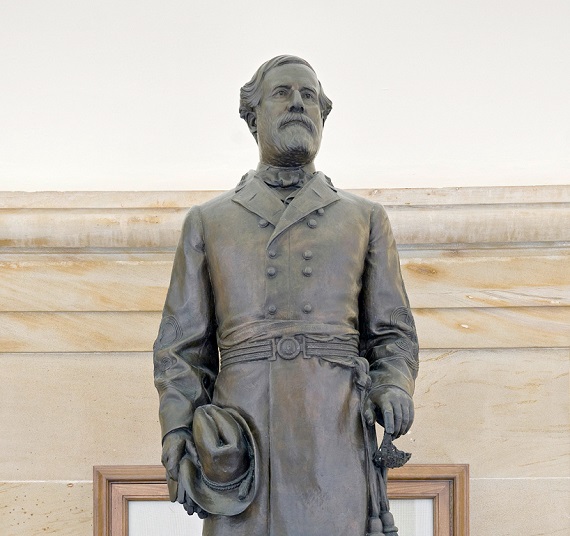Robert E. Lee considered reconciliation and education to be his highest duties after the War. While many other Confederate leaders left the United States, Lee remained in Virginia and worked to heal the wounds of the War. He turned down political positions and refused to capitalize on his name, and instead accepted a position as President of Washington College to revive the struggling school’s fortunes. As Philip Leigh explains, Lee should be remembered as one of the greatest Americans in history.






